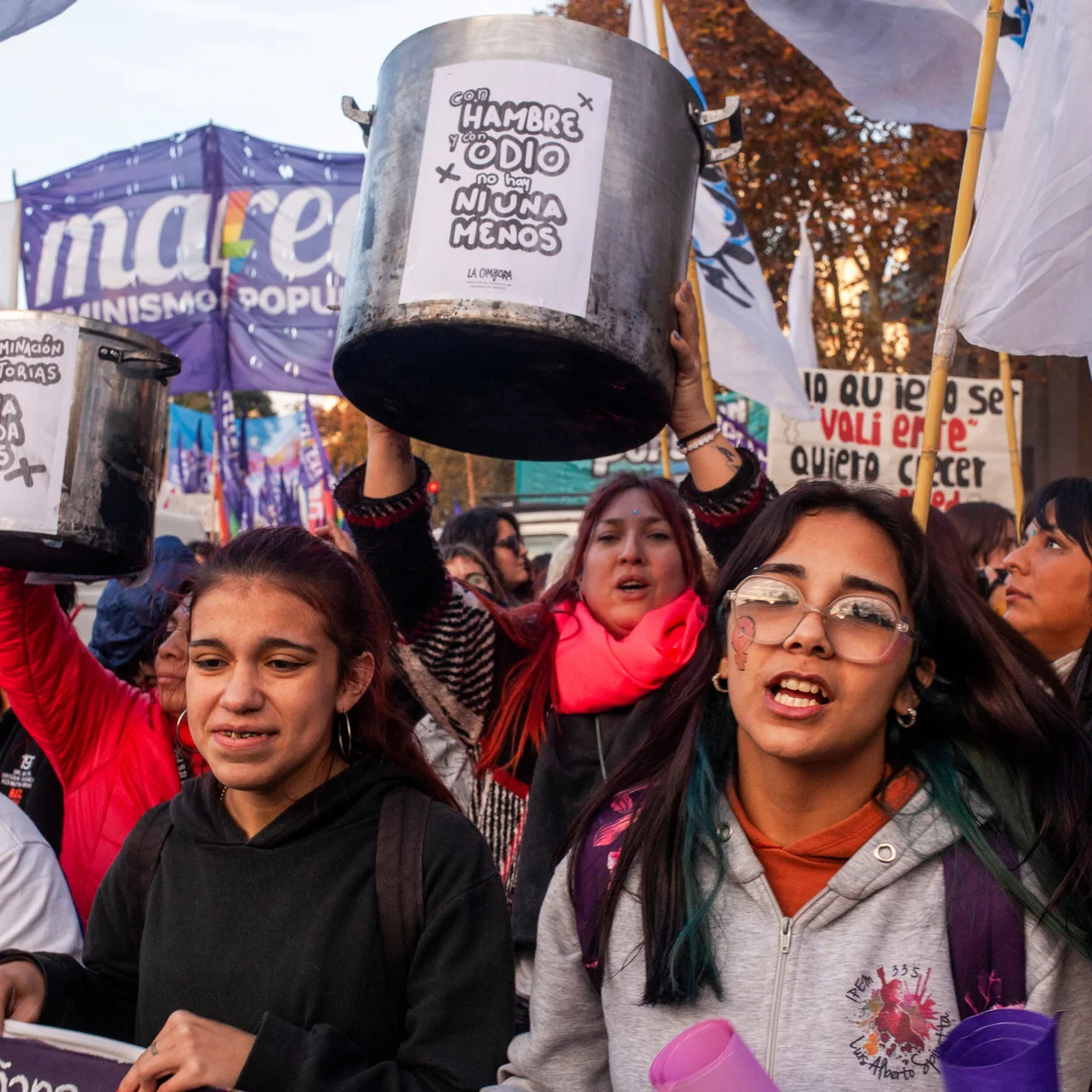Argentina is facing national shock and anger after authorities confirmed the arrest of a seventh suspect in connection with the brutal killings of three young women whose torture and murders were livestreamed on social media. The case has not only horrified the nation but also ignited mass protests demanding justice and stronger protections for women.
The Crime
The victims—two 20-year-olds and a 15-year-old—were lured under the false promise of attending a party. Instead, they were abducted, tortured, and killed in what investigators describe as a gang’s act of revenge linked to the drug trade. Their bodies were discovered days later, buried in a suburban house outside Buenos Aires.
The most chilling aspect of the case was the use of a livestream to broadcast the crime, with dozens of viewers reportedly watching the violence unfold in real time. Authorities say the livestream was used by gang members as an intimidation tactic to warn others.
Expanding Investigation
With seven people now in custody, investigators continue to pursue leads on the alleged ringleader, known by the alias “Pequeño J,” who remains at large. Among those arrested are both men and women, and one suspect was reportedly captured while attempting to flee across an international border. Officials say cooperation with regional law enforcement is critical to tracking down the remaining suspect.
Public Outrage
The killings have sparked massive protests across Argentina. Thousands of demonstrators, including women’s rights groups and human rights organizations, have filled the streets of Buenos Aires and other cities. Protesters accuse the state of failing to protect vulnerable women and call for immediate reforms to address gender-based violence.
Placards carried by marchers displayed slogans such as “Justice for the Victims” and “Stop Femicide Now,” reflecting both grief and outrage. Activists have highlighted the intersection of poverty, organized crime, and gender inequality as key factors leaving women exposed to extreme violence.
Social and Legal Questions
The case has raised difficult questions about how social media platforms are used in crimes of violence and what responsibility they bear in monitoring harmful content. It has also reignited debate about Argentina’s legal framework on femicide, with critics arguing that existing laws do not go far enough to protect women or deter perpetrators.
Additionally, the tragedy underscores broader social issues such as inequality and lack of opportunities for young women, which make them more vulnerable to exploitation and violence.
The Road Ahead
Authorities are pressing forward with the investigation, while the families of the victims and activists demand swift justice. Beyond arrests and prosecutions, many Argentinians are calling for systemic changes—stricter regulations on online platforms, stronger protections for women, and improved social services to safeguard vulnerable communities.
The livestreamed femicide has become a grim symbol of the intersection between organized crime, gender violence, and digital technology. For Argentina, the case marks a turning point, intensifying public pressure on institutions to act decisively before more lives are lost.
















Leave a Reply